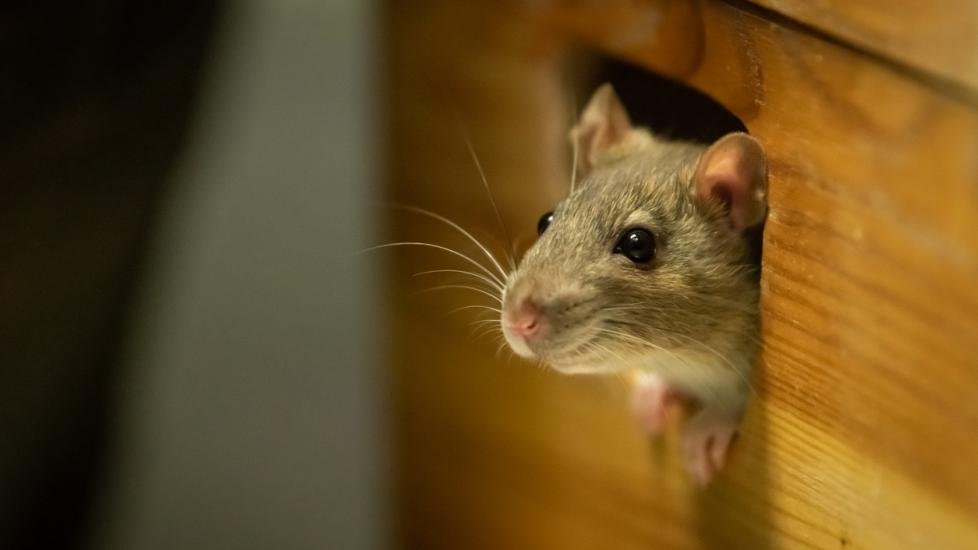Bladder Threadworm in Rats
Urinary Nematodiasis in Rats
A common urinary disease in rat colonies is nematodiasis. This occurs when the nematode parasite Trichosomoides crassicauda infects the rat's urinary bladder, causing painful urination, stunted development, and stones in the bladder (bladder calculi). Kidney diseases like pyelitis, renal pelvic inflammation and stones in the kidney (uroliths) may also occur if the parasite (threadworm) moves upward toward the bladder.
The source of infection is contact with Trichosomoides crassicauda eggs that have been passed in the urine of infected rats. Typically, nematodiasis occurs in rats older than two to three months and is resolved with the insecticide ivermectin. Reinfection can be prevented by maintaining hygienic living conditions with proper sanitation.
Symptoms and Types
- Painful urination (dysuria)
- Stones in the bladder and/or kidneys
- Failure to develop properly
- Sudden or chronic renal pyelitis
- Renal pelvic inflammation
- Bloody urine due to stone formation
The male threadworm attaches itself to the lumen of the rat’s bladder and the female threadworm attaches itself to the lumen and mucus membrane of the bladder. The male threadworm can sometimes even live insides the uterus of the female threadworm. The male threadworms grow to be 1.5 to 2.5 millimeters in length, while the female threadworm can be as long as 10 millimeters (1 centimeter).
Causes
- Infection with the threadworm, Trichosomoides crassicauda
- Contact with eggs of the parasite through the contaminated urine of infected rats
- Unsanitary living conditions
Diagnosis
Bladder threadworm is usually diagnosed by conducting urinary tests and examining the urine for the presence of eggs of the parasite.
Treatment
Your veterinarian will treat your rat with the drug ivermectin, which is effective at eradicating the parasitic threadworm from the bladder and kidney of the rat.
Living and Management
You must maintain proper sanitation in the colony of the rats under treatment in order to prevent reinfection with nematodiasis. Reinfection in a rat colony is common if all of the rats are not treated at the same time and the parasite is not eradicated completely. Follow your doctor’s recommendations in this regard.
While under treatment, calcium should be reduced or removed from your rat's diet to prevent formation of calcium stones in the bladder and kidneys. A well-balanced diet is prescribed to further your rat's recovery from the infection and encourage normal growth.
Prevention
Infected rats should be isolated from the other rats to prevent infection of healthy rats in the colony. Proper sanitation is also important in preventing the spread on to the prevention of nematodiasis infection.
References
Featured Image: iStock.com/Stefan Rotter
